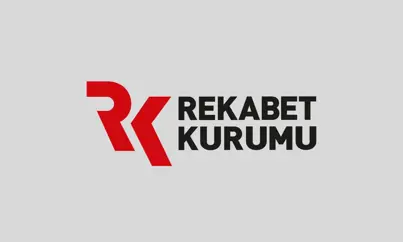
The Turkish Competition Authority has conditionally granted approval for the acquisition of all shares of BP Petroleum and BP Turkey by Petrol Ofisi, upon acceptance of the submitted commitments.
The Turkish Competition Authority has conditionally granted approval for the acquisition of all shares of BP Petroleum and BP Turkey by Petrol Ofisi, upon acceptance of the submitted commitments. In its review concerning the acquisition of all shares of BP Petroleum Inc. and BP Turkey Refining Limited by Petrol Ofisi Inc., the Competition Authority conducted a detailed assessment of the transaction's effects across all stages of the fuel sector, including supply, distribution, storage, and retail sales. It concluded that the transaction could raise competitive concerns regarding the market power that the combined entity would hold in 61 geographic areas for B2C retail sales of gasoline, diesel, and autogas-LPG.
